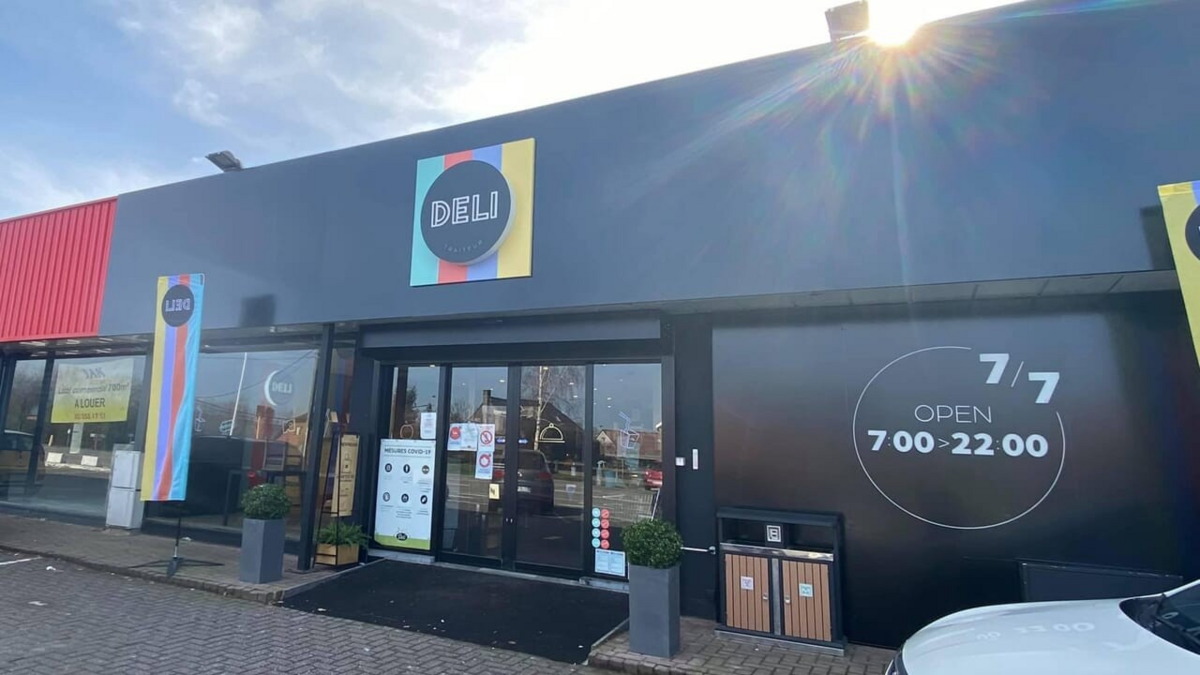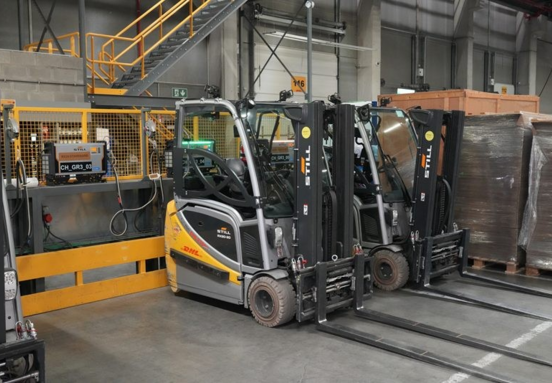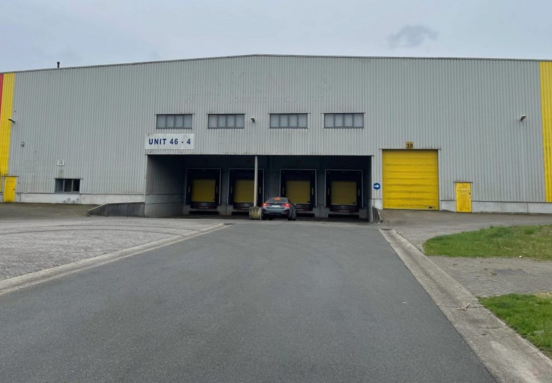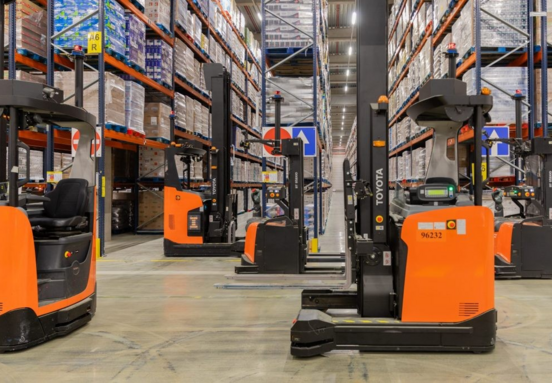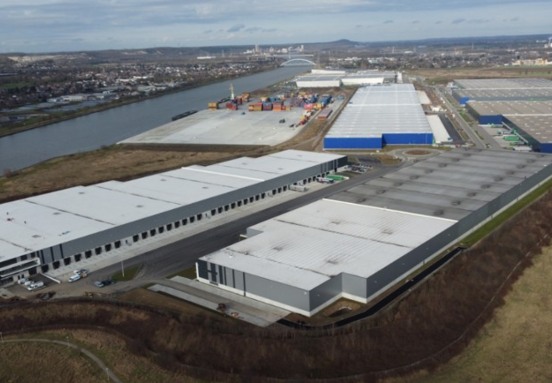In a powerful demonstration of corporate social responsibility and operational efficiency, Delitraiteur, a prominent food retailer, has joined forces with the CPAS (Public Centre for Social Welfare) of the City of Brussels.
This strategic alliance is centered around the 'Dream' project, an initiative designed to valorize unsold food items by redirecting them as vital food aid.
This collaboration not only addresses critical social needs but also offers valuable lessons for businesses aiming to optimize their logistics, reduce waste, and manage their commercial property more effectively.
The power of purpose: Delitraiteur's sustainable partnership
The 'Dream' project, a cornerstone of this partnership, operates by collecting unsold goods from participating merchants and suppliers, including Delitraiteur's two warehouses in Brussels. These items are then meticulously sorted, stored, and listed on a platform that connects directly with food aid associations.
David Weytsman, President of the CPAS, highlights the project's significant impact, noting that it already recovers over a ton of fresh unsold fruits and vegetables daily. This remarkable scale underscores the potential for businesses to integrate sustainability directly into their operational models, turning potential waste into community benefit.
Enhancing operational efficiency and warehouse optimization
For businesses seeking office or warehouse space, the Delitraiteur-CPAS collaboration provides a compelling case study in operational excellence. Alexandre Terlinden, CEO of Delitraiteur, confirmed that this partnership has "significantly reduced food waste in their warehouses." This reduction directly translates to several key business advantages:
Reduced storage needs: Less waste means less space required for disposal or holding unsellable inventory, potentially freeing up valuable warehouse real estate.
Improved inventory management: A more streamlined process for unsold items leads to better overall inventory control and reduced carrying costs.
Cost savings: Lower waste disposal fees and optimized resource allocation contribute directly to the bottom line.
Enhanced logistics flow: Efficient handling of unsold goods can improve the overall flow within a warehouse, making operations smoother and more productive.
These efficiencies demonstrate how a commitment to sustainability can have a tangible, positive impact on a company's day-to-day operations and its commercial property requirements.
The ESG advantage: building a responsible brand
Beyond the immediate operational benefits, Delitraiteur's initiative strongly resonates with Environmental, Social, and Governance (ESG) principles. For businesses looking to rent office or warehouse space, aligning with such values can offer a distinct competitive edge. A commitment to reducing waste and supporting local communities:
Boosts brand reputation: Enhances public perception and attracts ethically conscious customers and partners.
Attracts top talent: Employees, especially younger generations, are increasingly seeking employers with strong social and environmental commitments.
Strengthens community Ties: Fosters positive relationships with local authorities and communities, which can be invaluable for business longevity.
Future-proofs operations: Positions the business ahead of evolving regulatory landscapes and consumer expectations regarding sustainability.
Choosing commercial property in locations like Brussels that actively support such initiatives can further amplify these benefits.
Strategic location and sustainable infrastructure: your next business move
When considering your next office or warehouse lease, Delitraiteur's success story highlights the importance of not just the size and cost of the space, but also its potential to facilitate sustainable practices. Businesses should look for commercial properties that:
Support efficient logistics: Proximity to suppliers, distribution networks, and partners like the 'Dream' project can significantly reduce transport costs and carbon footprint.
Offer adaptable space: Warehouses designed for flexible use can better accommodate evolving inventory management and waste reduction strategies.
Are part of a sustainable ecosystem: Locating in areas or buildings that promote green initiatives or have strong community welfare programs can enhance your business's ESG profile.
Brussels, with its strong emphasis on social welfare and growing green initiatives, presents an attractive location for businesses committed to sustainability and operational excellence.
Investing in sustainability: a smart business decision
The partnership between Delitraiteur and CPAS Brussels is a testament to how businesses can integrate social responsibility with economic efficiency.
For companies exploring office or warehouse space to rent, this case underscores that investing in sustainable practices is not just an ethical choice but a strategic business decision that can optimize operations, reduce costs, enhance brand value, and influence commercial property needs.
Consider how your next business space can become a platform for innovation, efficiency, and positive community impact.
Source: bruxellestoday.be
